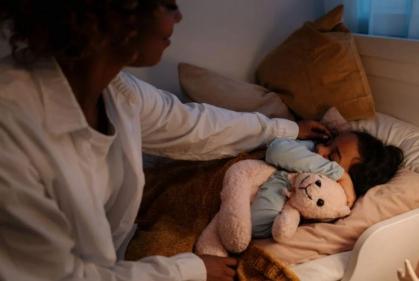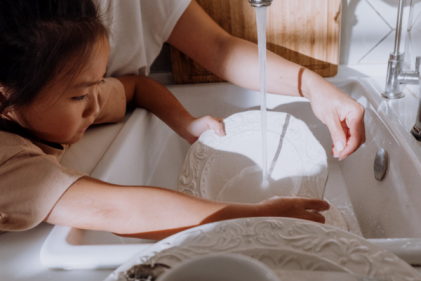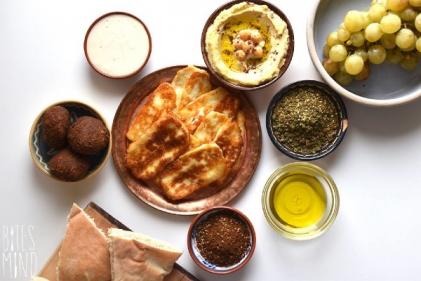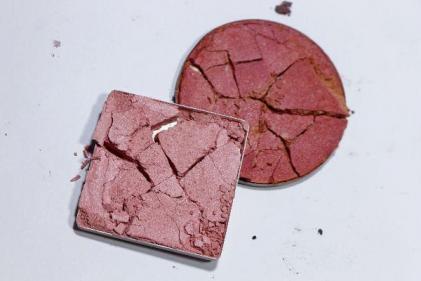
As a parent, your role includes giving your time to your child – or does it? Do children have to earn your time? With so many star charts and reward systems recommended as part of a parenting ‘toolbox’ now, it can be confusing to know what to do.
I asked some adults about their own childhoods, and it was interesting to hear their varied experiences. One, raised in Eastern Europe, said there was no such thing as hugs and kisses in his childhood experience; that children were fed and cared for physically and, culturally, emotions didn’t come into it. Some said that actually being able to stay out of a parent’s way was a reward. Most recalled that scheduled time with their parents was not part of their childhood; that parents worked and children conformed. However, many also remembered Sunday drives with parents, rough and tumble with Dads, movie time and cuddling up on the sofa with parents. In the past, generally, parents didn’t do as much ‘stuff’ with children; that is, planned family outings to child-friendly places. Parents may have been around more, physically present, but the concept of being present to a child was usually not a particular focus. While society may not have been as busy overall, families often were larger too, so children may not have had much of a look in even if parents were about.
In today’s world, I think we are very conscious of wanting to be with our children, of wanting to do and plan things with them. One issue can be that, at times, we may put too much focus on buying ‘stuff’ for them, or taking them to events or on outings. Maybe the focus needs to be more on just being present to our children.
When we have a day off, how often do we plan every detail of how we’ll spend it? It will usually involve heading away somewhere with children. What about planning to stay at home? There’s so much to be enjoyed, like playing in the garden, baking, clearing out presses and playing dress-up together with our children - simple fun! Going out for the day means being highly organised, preparing children for what lies ahead and how they need to behave, packing in lots of activity and sticking to schedules, so that often we all come home exhausted. I am not suggesting that you never go on days out with your child, of course; but maybe you could plan for days in more often. It can be genuine fun for your child and for you. Children will be very comfortable in their own space, and so are less likely to get into trouble with behaviours and will feel relaxed and grounded. It creates a time and space where a parent has the opportunity to be truly present for their child.

Most children, like parents, have busy schedules with school, crèche, activities, clubs, play dates and more. Children really could learn to love time at home with their own toys, their own stuff and their own family around them. They don’t need as much planned entertainment as we, as parents, might feel is necessary. It’s so easy to over-stimulate children, and then wonder why they and we are so exhausted. We can complain that they 'have too much'; that toys are never touched. But do we explore how much time children actually get to properly play at home? How much time do you get to be just at home?
Maybe this summer you can enjoy time at home more, too. Make a deal with your children about what you will do together in your home. What activities can you add to the garden, to the indoor space? Can you have friends and family over more often? Can you make a family space that your children will want to recreate when they are older? A space that supports them to relax, to create, to have fun. A space where they can grow and learn about who they are and what they are capable of, in a safe and fun way with people they can trust, with parents present to them. A space that, when someone asks them as an adult about their childhood, they will be happy to remember and share.
Many reward charts are designed to support children to practice more positive behaviour; for example, they know how to share, but you want to see more sharing. It is accepted now that we don’t reward positive efforts with food treats, but there can be confusion around what is a suitable incentive. Some of these systems suggest that your time is used as a reward. Be careful in using these reward systems. Never limit your emotional attention. Hugs, cuddles and kisses should be freely given. Rewards of your time should be different and clearly delineated, so that there is clarity for your child that this is something extra that you know they would enjoy doing with you. A game of football in the back garden, more stories after school, pamper parlour time, board games, watching their favourite movie with them. It is about you giving your child your time to do what they would like to do, not what you want to do. The child should take the lead.
Although with reward charts, children can earn this extra time; it is essential that they always have enough positive quality time with the adults who are caring for them. This may not be possible daily and may come in larger doses at the weekend, and that is okay. What is important is to ensure that it happens. Being present is the key to successful relationships and happy families. Your time is the most precious gift you can give your child.














